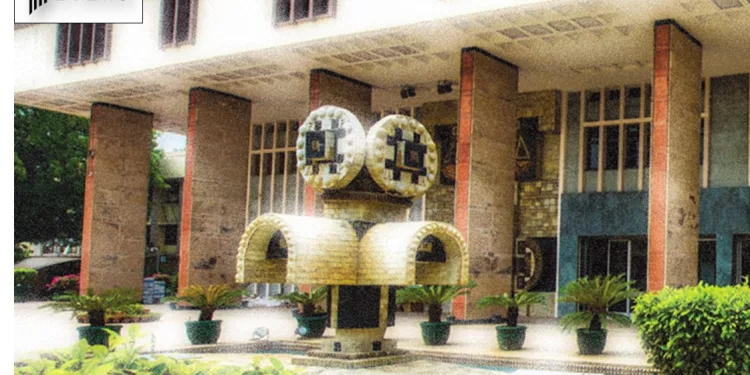Failed To Prove – Proving Employer-Employee Relationship – Delhi High Court Upholds Dismissal of Compensation Claim in Employee Death Case

Delhi High Court, in a significant judgment delivered by Justice Dharmesh Sharma on November 21, upheld the dismissal of a compensation claim under the Employee Compensation Act, 1923, involving the death of Brij Kishore Gupta @ Brij Kishore Sah. The court emphasized the necessity of establishing a clear employer-employee relationship for such claims to be valid.
In the case of Neelu Kumari & Ors. Vs. OM & Anr (Bajaj Alliance Gen Ins Co Ltd), the appellants sought compensation following the death of Brij Kishore, who was allegedly an employee of the respondent No.1 and died while plying vehicle TSR No. DL-lRF-0941. The claim was initially dismissed by the Labour Commissioner due to insufficient evidence proving an employer-employee relationship.
“The initial burden of proving employer and employee relationship was upon the appellants/claimants, which was not discharged,” observed Justice Sharma in his judgment. This finding was critical in the High Court’s decision to dismiss the appeal.
While the High Court concurred with the Labour Commissioner on the primary issue, it did note a legal discrepancy in the interpretation of the Employee Compensation Act in cases of murder during employment. Justice Sharma stated, “However, only from an academic point of view, the finding by the Commissioner that murder of an employee during the course of performance of his duties would not bring the case within the ambit of Section 2(1)(n) of the E.C. Act, is flawed.”
This observation sheds light on the broader legal principles involved in employee compensation claims, particularly in cases involving the death of an employee under extraordinary circumstances.
The court’s decision has significant implications for similar compensation claims under the Employee Compensation Act, underscoring the criticality of proving an employer-employee relationship and correctly interpreting the scope of the Act in various scenarios.
Date of Decision: 21st November 2023
NEELU KUMARI & ORS. VS OM & ANR (BAJAJ ALLIANCE GEN INS CO LTD)





